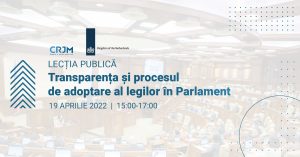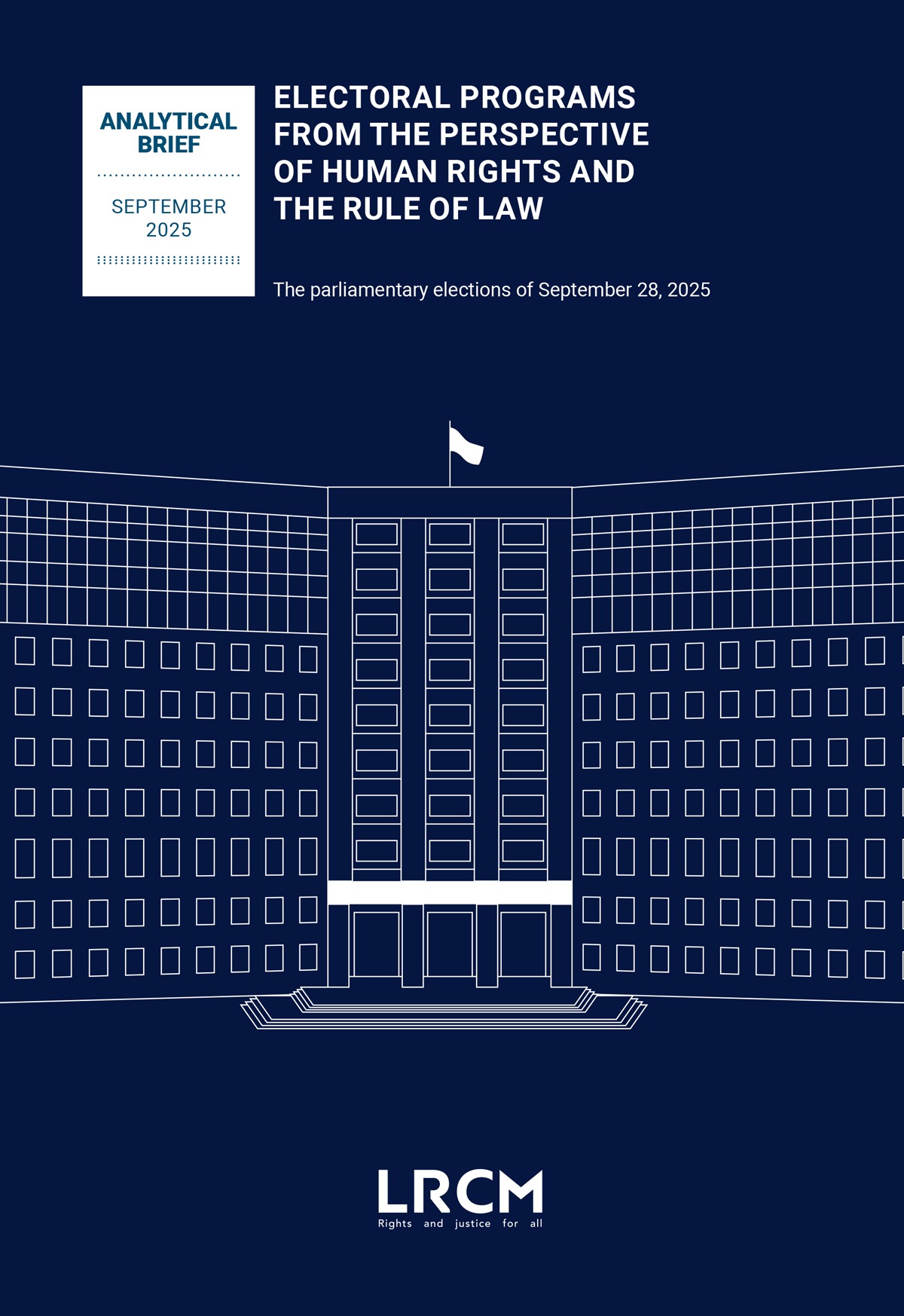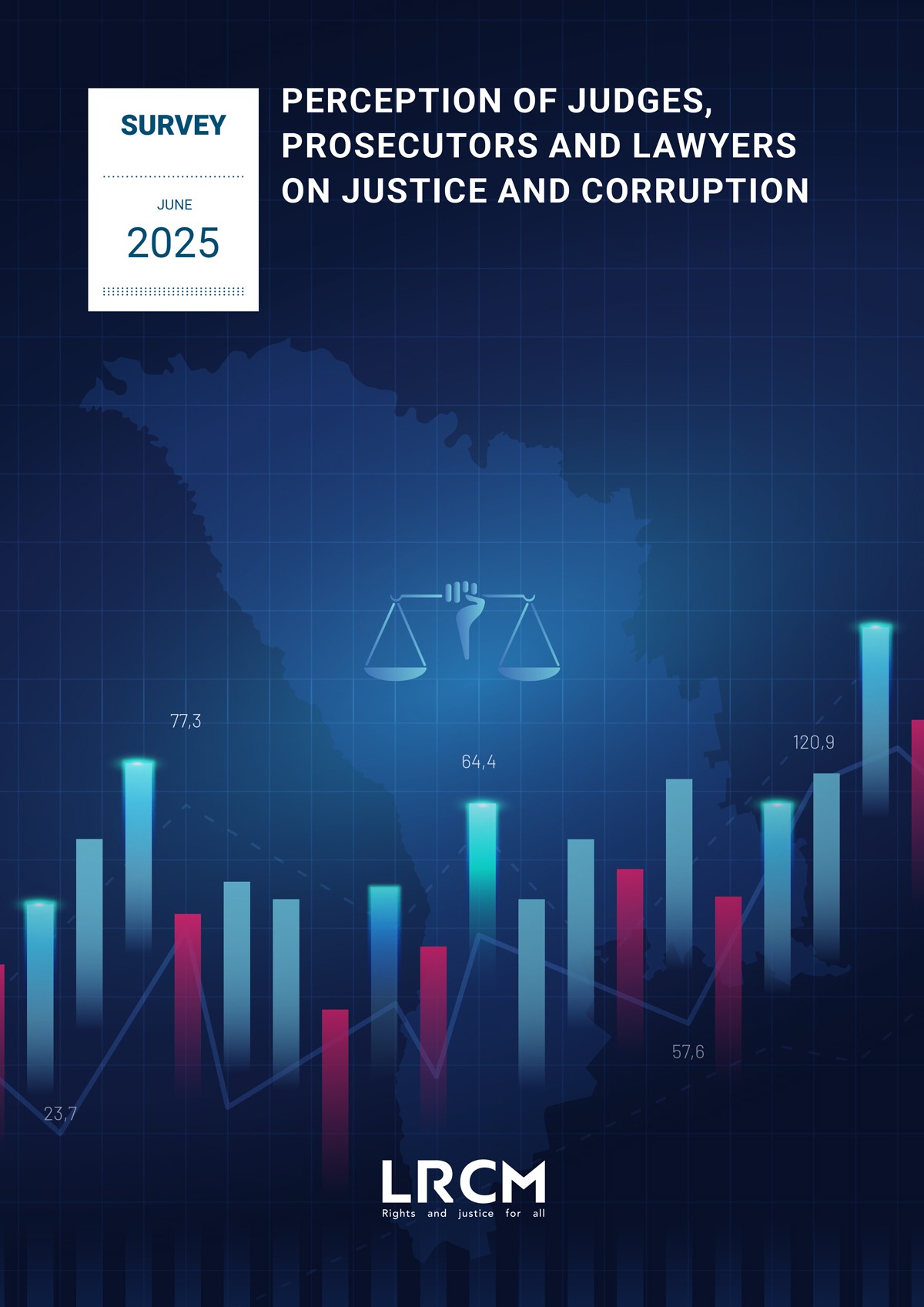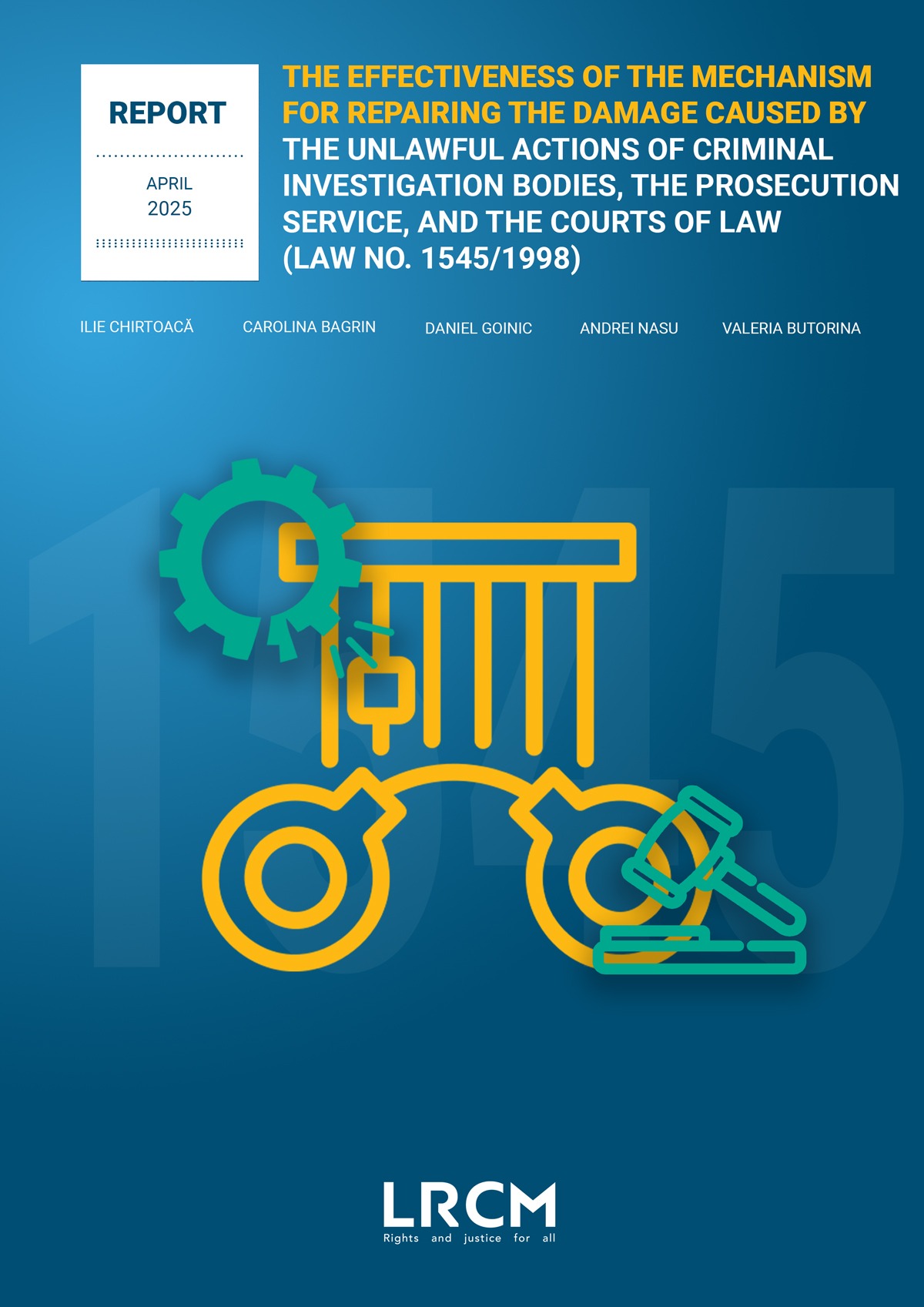The obligation to conceal, ex officio, personal data or the partial anonymisation of such data are among the most frequent non-compliances found in court decisions. The Legal Resources Centre from Moldova (LRCM) has analysed the extent to which the provisions of the Regulation of the Superior Council of Magistracy (SCM) on the publication of court decisions are respected and presented several findings.
A research of 1090 judgments published on the national court portal and on the website of the Supreme Court of Justice (SCJ) between January 1, 2021, and June 30, 2024, shows that in half of the cases the judgments do not comply with the requirements of the SCM Regulation. The current data has been compared with a similar analysis conducted in 2020, from which a dynamic decrease in the percentage of non-compliance from 63% to 51% can be observed, but the problem remains significant.
The analytical document also highlighted other shortcomings in the way the courts anonymise and publish court decisions. Of the 558 judgments identified with infringements, in 20% of the cases the names of persons participating in a professional capacity in trials, such as court clerks, prosecutors, lawyers and bailiffs, were anonymised, which is prohibited by the Regulation. Misconduct has been detected concerning the concealment of the legal entity’s identification data, a situation which can be characterized as overzealousness.
“The aim of the research carried out was to understand the extent to which anonymisation requirements are respected in the publication of court decisions. The results of this comprehensive analysis and the discussion of the main findings with legal professionals will allow us to identify the most optimal solutions to streamline and standardise judicial practice,” stated Aurelia Palamarciuc, Legal Officer at LRCM and one of the authors of the document.
According to the data and observations of the LRCM, the most non-compliances were recorded at the level of district courts, namely in 436 judgments out of 790 analysed, which constitutes 55%. The situation is slightly better for the Courts of Appeal, where the proportion of identified deviations is 46%. In the case of the SCJ, the provisions of the Regulation are largely respected. Overall, no court was found to fully comply with the provisions of the SCM Regulation.
The LRCM has also proposed some recommendations to improve and increase compliance with the anonymisation requirements for the publication of court decisions. Clear guidance for the correct application of the provisions of the SCM Regulation should be developed and regularly updated. Another recommendation is to provide regular training for judges and judicial assistants on the rules of anonymisation of court decisions. The integration of practical examples in such trainings will prevent possible misinterpretations of the rules of the Regulation. It is also recommended to introduce additional rules in the SCM Regulation in order to establish precise criteria for the protection of personal data of victims and witnesses.
The analytical document “Evaluation of Compliance with the Provisions on Anonymisation and Publication of Court Decisions (January 2021 – June 2024)” was presented and discussed on 12 December with legal professionals, including members of the SCM and judges from district courts and Courts of Appeal. Subsequently, the LRCM will incorporate the recommendations made during the presentation of the document and the consultation phase and publish the final research in electronic format.

















